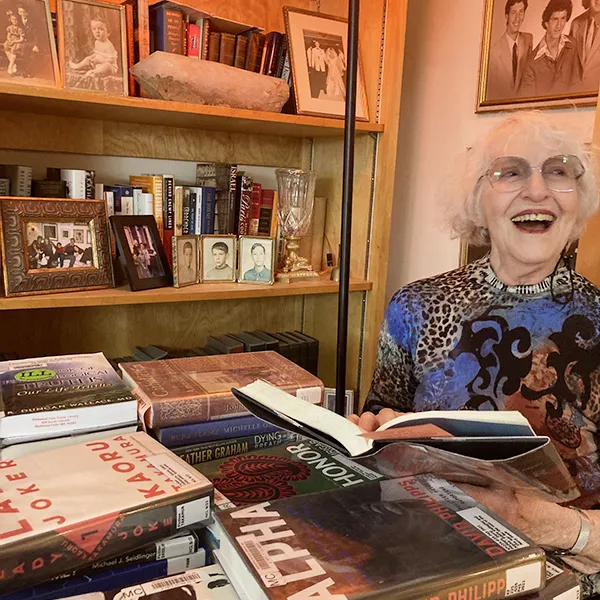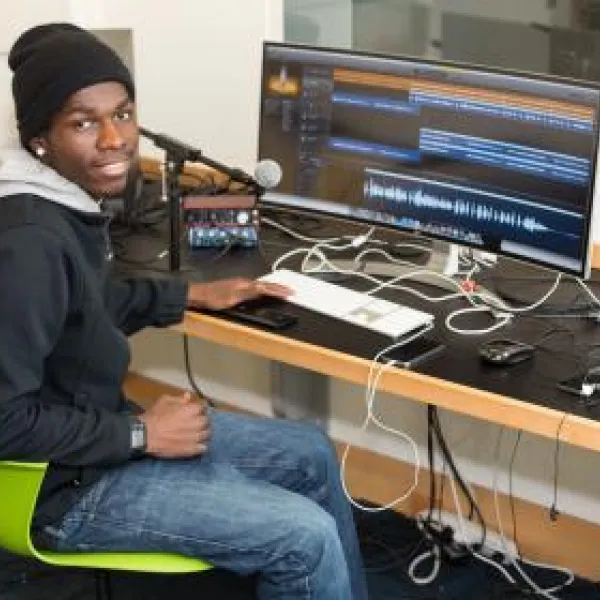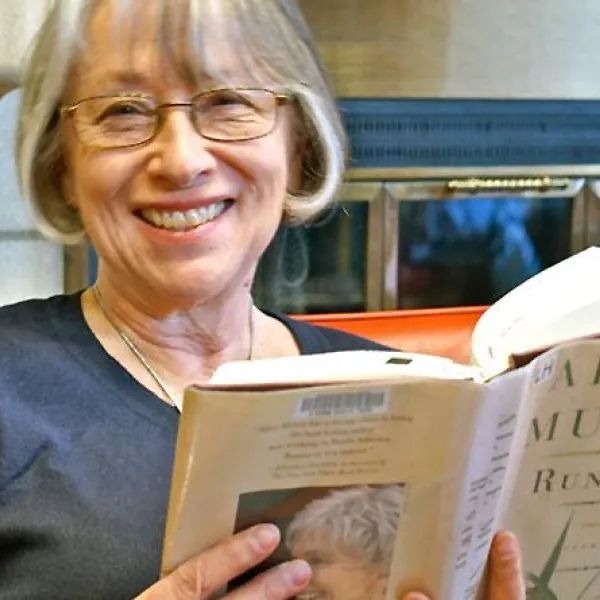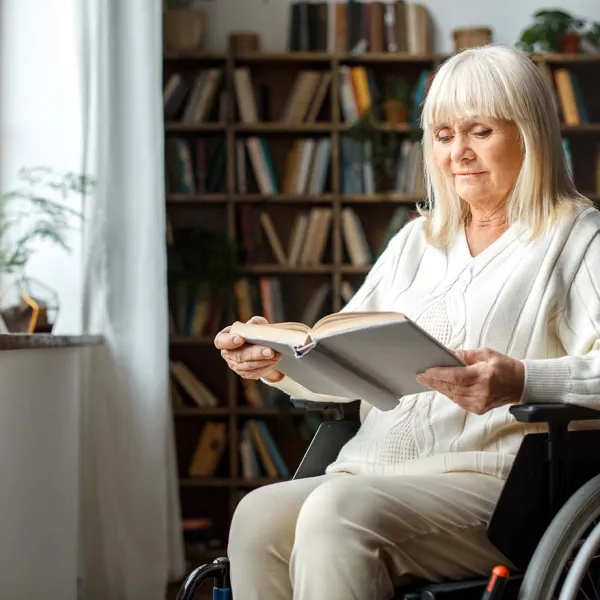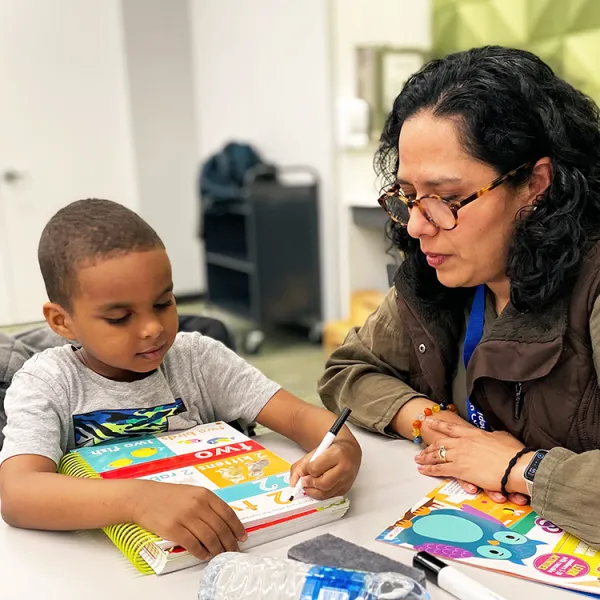Associate Librarian Heather Fisch first witnessed the visceral pain and trauma of incarcerated women who had been separated from their children while helping lead the Read to Me program, a Friends-funded initiative which records incarcerated parents reading books to their children. After reading the book What God Is Honored Here?: Writings on Miscarriage and Infant Loss by and for Native Women and Women of Color, a recently-released literary collection edited by Shannon Gibney and Kao Kalia Yang, the idea for the One Read program was born.
We see you. We’ve been there. We’ve got you.

Healing with Words
Dan Marcou, Hennepin County Outreach Librarian, explains that creating a space for themselves through the arts can serve as a way of healing and working through the trauma in residents’ lives. For one woman, writing became something to turn to rather than drugs, a paper and pencil becoming a way to work through emotions that would ordinarily drive her to use. Another woman entered the first workshop unable to speak about the loss of her child. It was her grief in the wake of this loss that led to her landing at the Adult Corrections Facility. After the first workshop, she was able to speak her story to the group. After the reading, she was able to finally put her experience down in words, ready to share with others.
A Sacred Space
The two workshops and reading affected everyone in the room, including the participants, corrections staff, and the workshop leaders themselves. After reading from the collection, Kalia and Shannon spoke about how powerful the experience had been for them, how a sacred space of trust, solidarity, and compassion had been born in that room. Heather, too, mentioned the power of witnessing the support the women gave to one other. At moments, when a participant would be too overcome with emotion to continue, the other women would encourage her, saying, “We see you. We’ve been there. We’ve got you.”
Books can be therapeutic in their own right, but programming around trauma and the issues of grief and loss can have a huge impact on the residents’ lives.
Outreach during the Pandemic
Like most programming, outreach to the Hennepin County Adult Corrections Facility was limited during the pandemic. However, the outreach team quickly pivoted to continue providing vital services. An electronic message board in the facility allows incarcerated residents to request specific information from librarians, from resources on support group in their neighborhoods to requests for their GED transcripts. Read to Me also adapted to the pandemic in the form of recorded readings. The team was able to resume book delivery to the Public Safety Facility after a four month pause.
Reaching Out to the Community
The outreach team also works diligently on community education. The library offered a free virtual program with author Kelly Sundberg to talk about her memoir Goodbye, Sweet Girl, which chronicles her personal experience with domestic violence. After Sundberg’s moving talk, a crisis counselor from Houston said, “I’m feeling empowered tonight. And fulfilled.”
57 e-book downloads

70 program participants
580 audiobook downloads
Whatever the future brings, the outreach team remains dedicated to providing the tools and space for people to express, learn, and heal through reading and writing. From those living in correctional facilities to those attending virtual author talks, connecting through art allows everyone the chance to share their truths with one another and with themselves, sometimes for the very first time.
